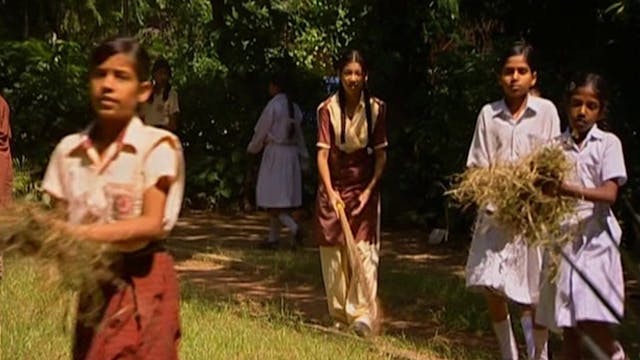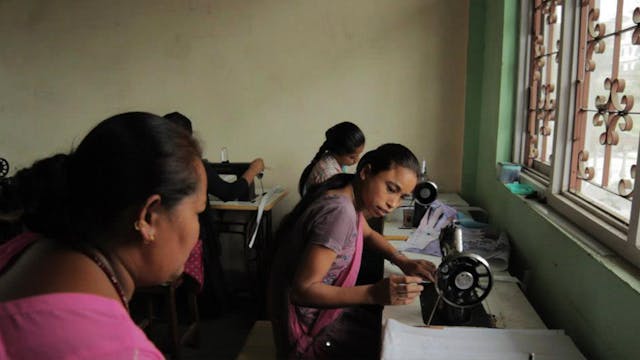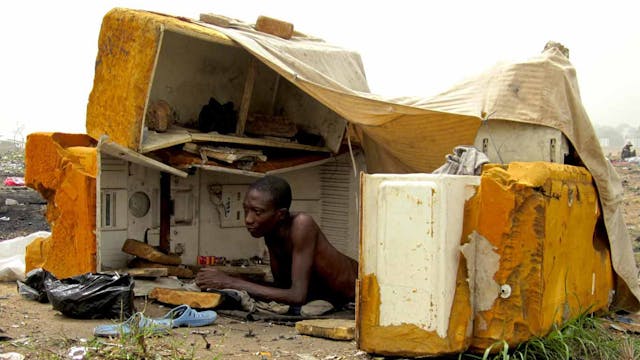Freedom
Environment
•
8m 15s
Brazil’s African slave descendants, the Quilombola, have fought a long and hard struggle for recognition. After the abolition of the slave trade they were left abandoned and ostracised, devoid of rights and outside of Brazilian mainstream society. But things are slowly changing amongst rural communities.
In the 1988 constitution Brazil’s Quilombola were granted access to land rights and since then they have been actively building a way to secure land titles on the sites where many have lived for generations. Community mapping is an important tool in this process, as is increasing awareness amongst the Brazilian population through education and ecotourism.
‘Freedom’ looks at two Quilombola communities, one with no land title and one benefitting from legal recognition, and examines the disparities between them.
Director: Paul Redman
Producer: Tim Lewis
2015 | 8 min
Latin America | Brazil
Languages: Portuguese
Subtitles: Portuguese, English, Indonesian, Spanish
Up Next in Environment
-
First Period: A Film On Green Schools
Targeted at students and teachers, this is a playful film that looks at education beyond the confines of a classroom. Children engage with the environment and have fun doing activities like composting, planting trees, recycling paper, learning about sustainable agriculture and water harvesting.
... -
Empowering Waste: Banners to Bags
Banners to Bags is a social and environmental entrepreneurship venture based in Kathmandu, Nepal. This is the story of their vision to create alternatives to plastic bags by designing durable and reusable bags from waste materials.
Director: Rohit Shakya
2012 | 7 min
NepalBanner Bags are an...
-
E-Wasteland
Have you ever wondered what happens to your electronics at the end of their life? Almost 50 million tons of e-waste (electronic waste) are generated worldwide every year. A large volume of second-hand and condemned electronic goods arrive in developing countries from the “developed” world, with a...



